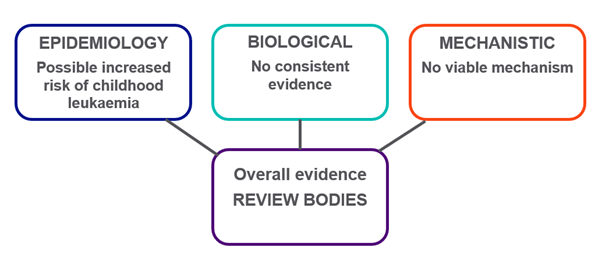Health effects research
There have been over four decades of research investigating if EMFs can cause health effects. The majority of the research looks to identify if there are any health effects below the exposure limits set by ICNIRP. Despite all the research, no health effects have been established below these exposure limits. Above the exposure limits there are already established effects.
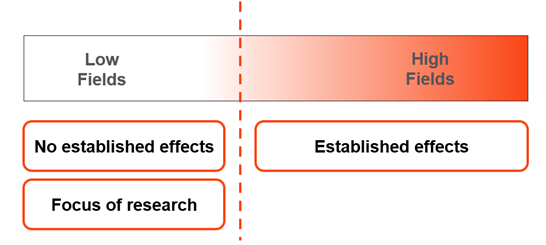
There are a number of scientific bodies that review the research and provide recommendations and advice.
Research into EMFs continues, and a summary of the types of research carried out is given below.
Types of research
There are three main types of research to try to establish whether EMFs cause disease: epidemiological, theoretical, and biological.
Epidemiology
Epidemiology is the study of patterns of disease in populations. In this context the aim is to discover if there is any statistical link or association between exposure to EMFs and disease in actual human populations. It was through such studies that concerns about magnetic fields were first raised in 1979, specifically around childhood leukaemia.
The strength of epidemiology is that it looks directly at human populations. However, a limitation is that it can only ever observe statistical associations. It can never completely eliminate all the many other factors that determine whether people develop diseases or not, and so it can never conclusively prove whether a particular disease is caused by EMFs or not.
Over 40 epidemiological studies have now been performed looking at a possible link between childhood leukaemia and EMFs. Some of those studies found no association with magnetic fields, but some have found associations, and consequently research continues until a clearer picture can be achieved.
With electric fields, the position is clearer: there is very little epidemiological evidence suggesting they are a cause of childhood cancer, with the majority suggesting they are not.
Numerous other studies have looked at other diseases with the weight of evidence suggesting there is not an association between the diseases and electric or magnetic fields.
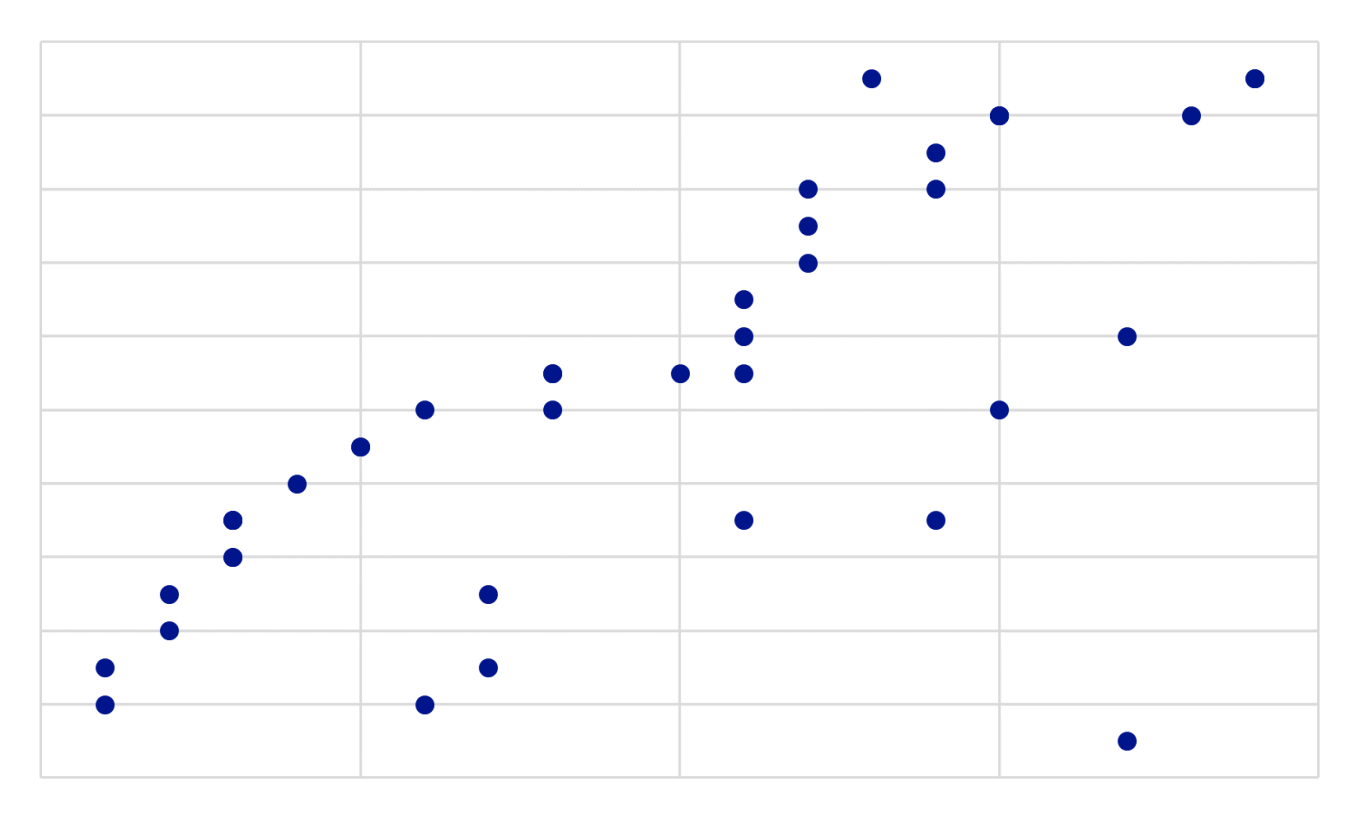
Epidemiology - the study of patterns of disease.
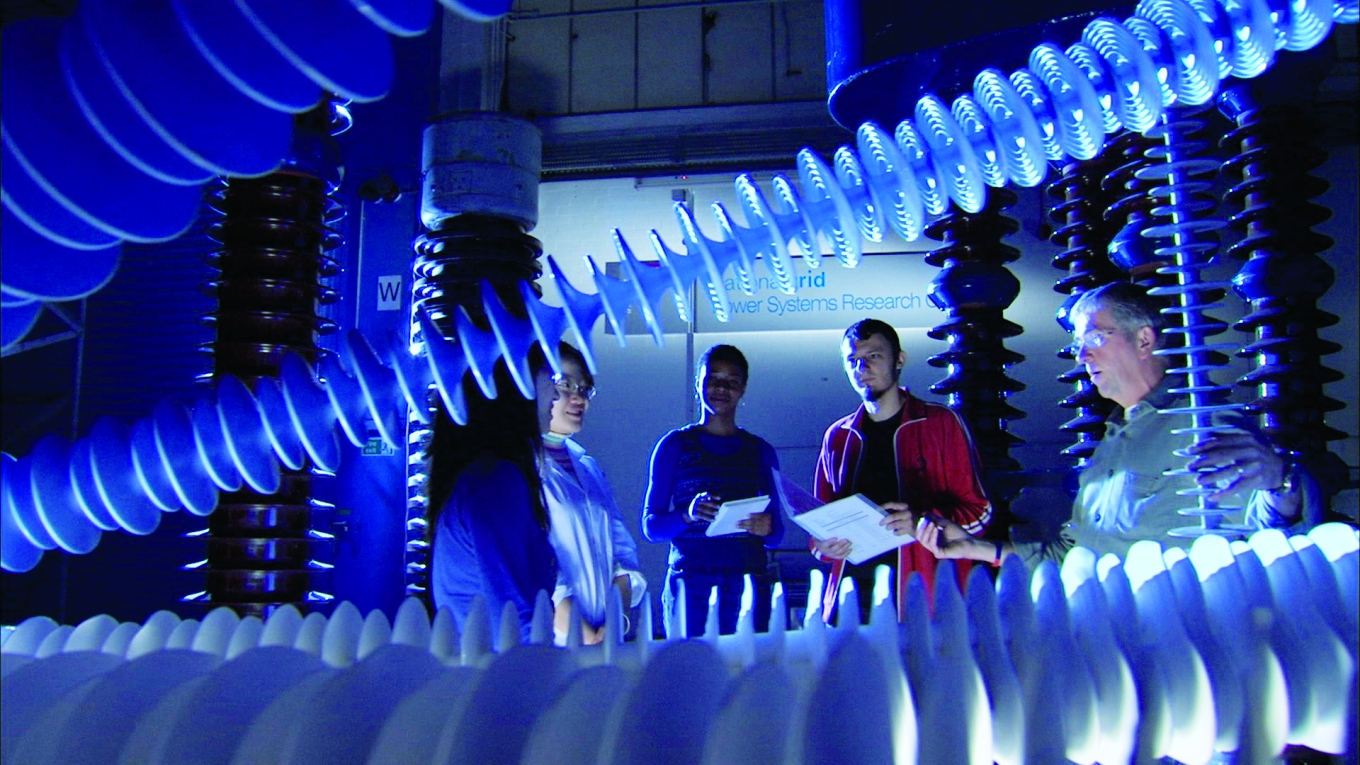
Theoretical
Theoretical research looks for a plausible mechanism that can demonstrate how the fields could interact with living systems. A variety of theories have been put forward over the years, but no mechanism has been established that would operate at the levels of fields found in homes or near power lines.
Biological
An important test of any proposed health risk is biological research; laboratory research to observe the effects of EMFs on cells and tissue. There have been many hundreds of these studies reported, and scientists examine them for robust results which can be successfully repeated in different laboratories.
In over 40 years of research there have been no such well-established reproducible results. The evidence from the laboratory suggests that low level EMFs of the type experienced by the public do not cause diseases. Of particular significance is the fact that standard experiments on mice and rats of the type used to establish carcinogenicity of other agents have had negative results for EMFs.
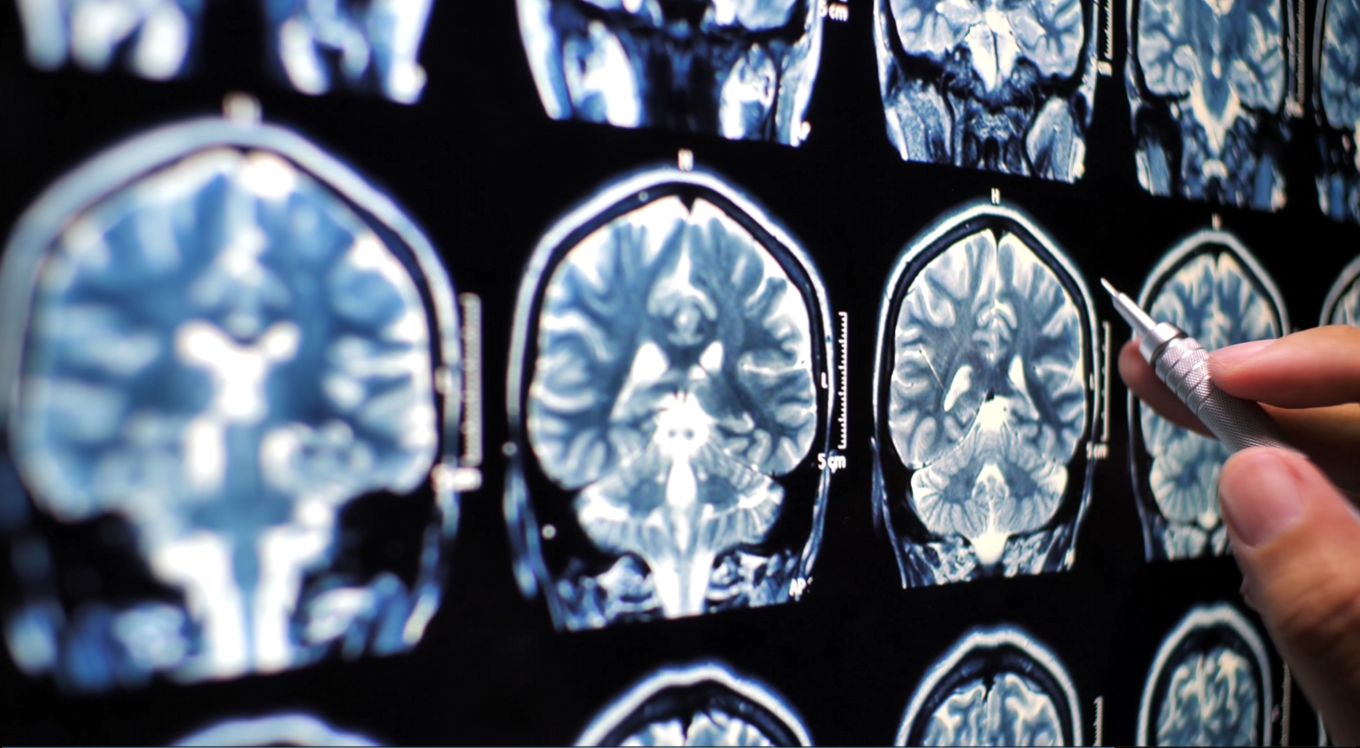
Summary
The results from all these types of research are considered by scientific review bodies to give an overall view of the risk. The conclusion of most review bodies is that there is epidemiological evidence that every-day, chronic, low-intensity (above 0.3-0.4 µT) power-frequency magnetic field exposure demonstrates a consistent pattern of increased risk for childhood leukaemia. However, all the laboratory evidence and the mechanistic evidence does not support a relationship between low-level ELF (extremely low frequency) magnetic fields and changes in biological function or disease status. Therefore, the evidence is not strong enough to say that magnetic fields cause leukaemia but is sufficiently strong to warrant further research.
The scientific evidence for magnetic fields and any other disease is much weaker than for childhood leukaemia and in some cases (for example, for cardiovascular disease or breast cancer) WHO have confidence that magnetic fields do not cause the disease.
